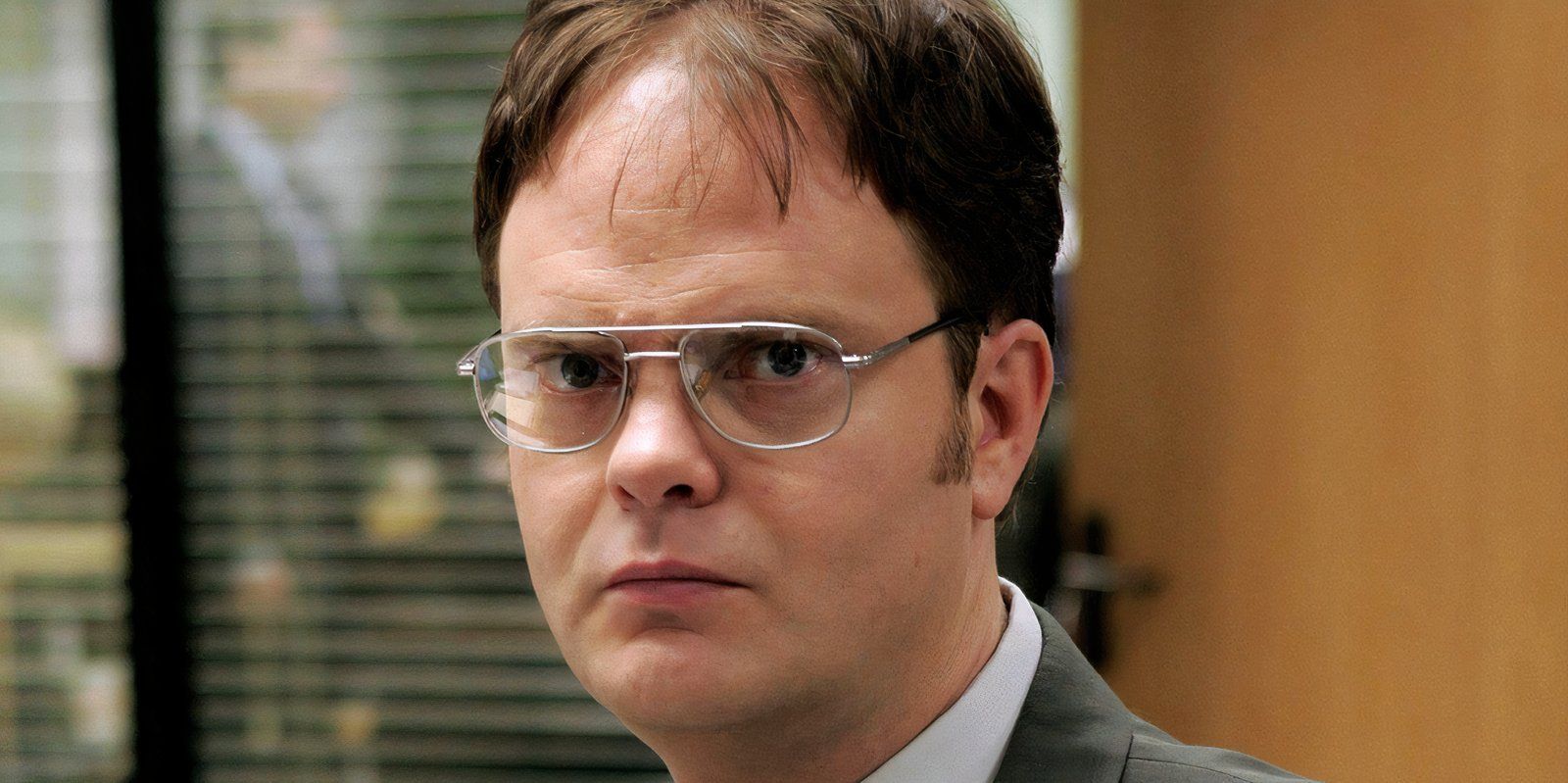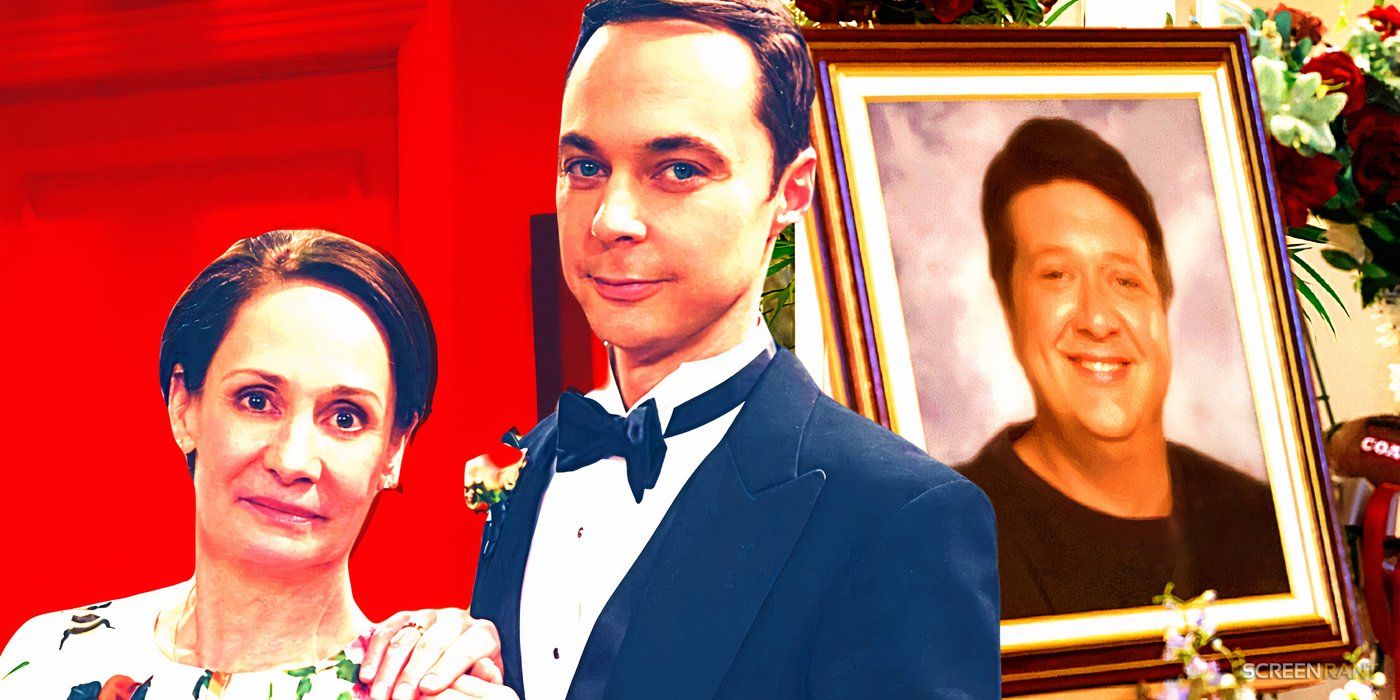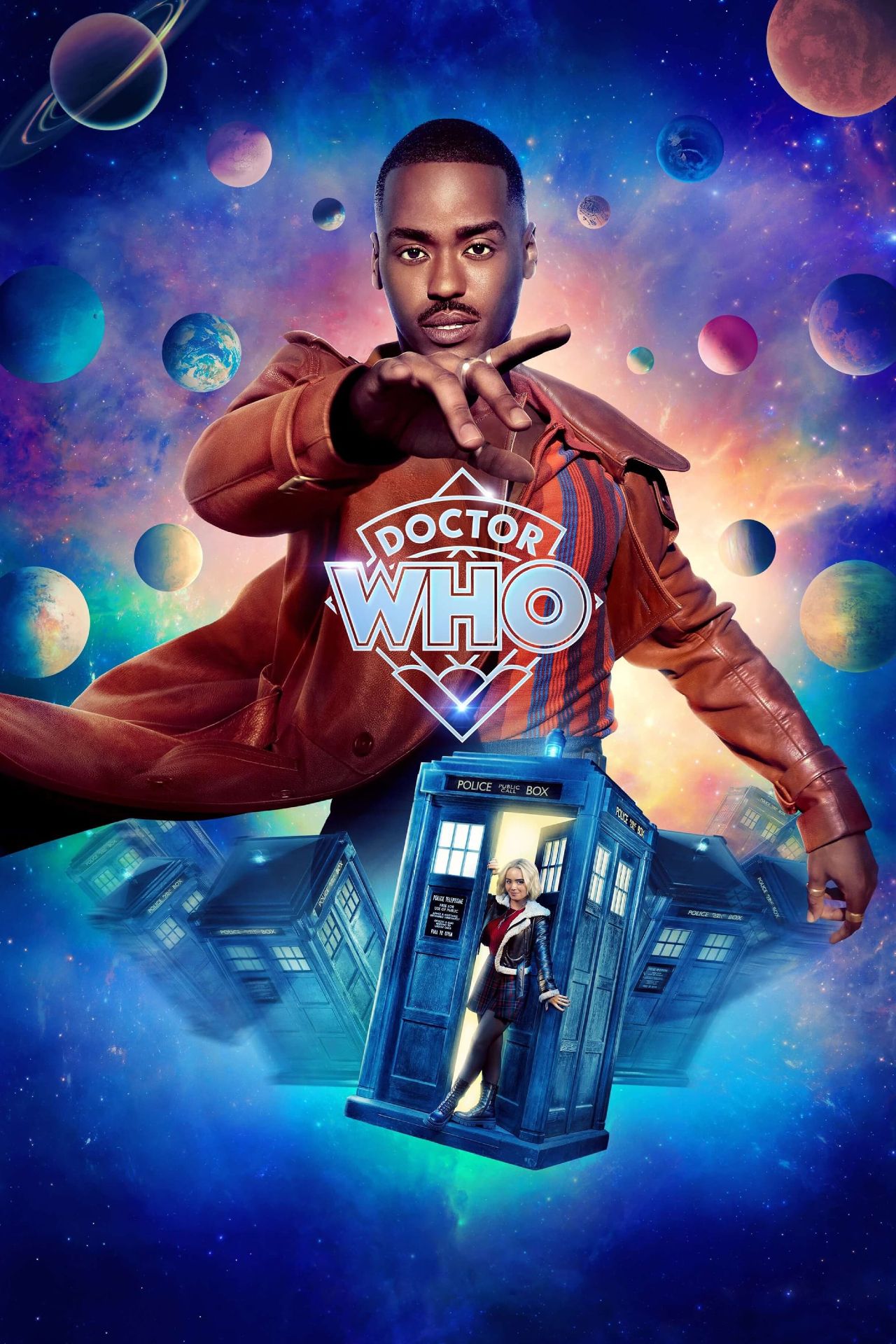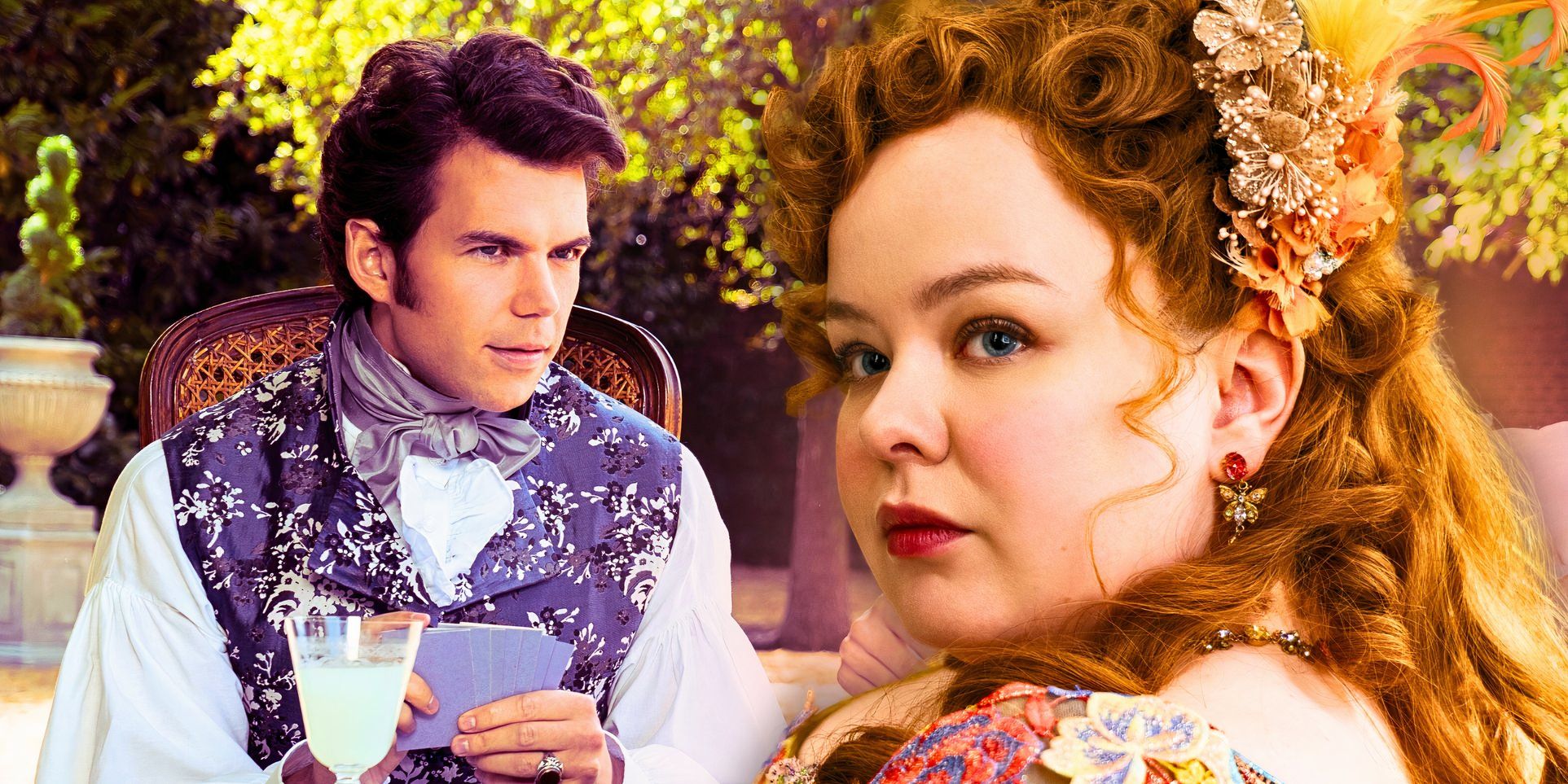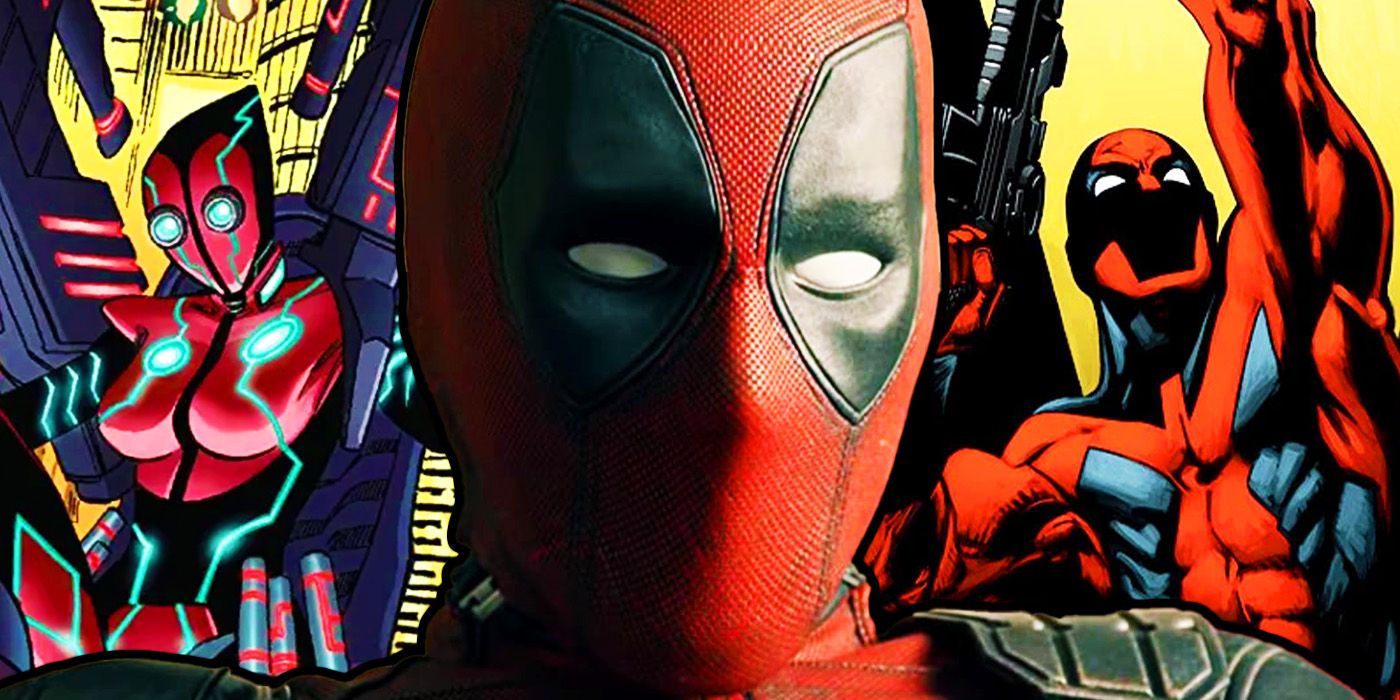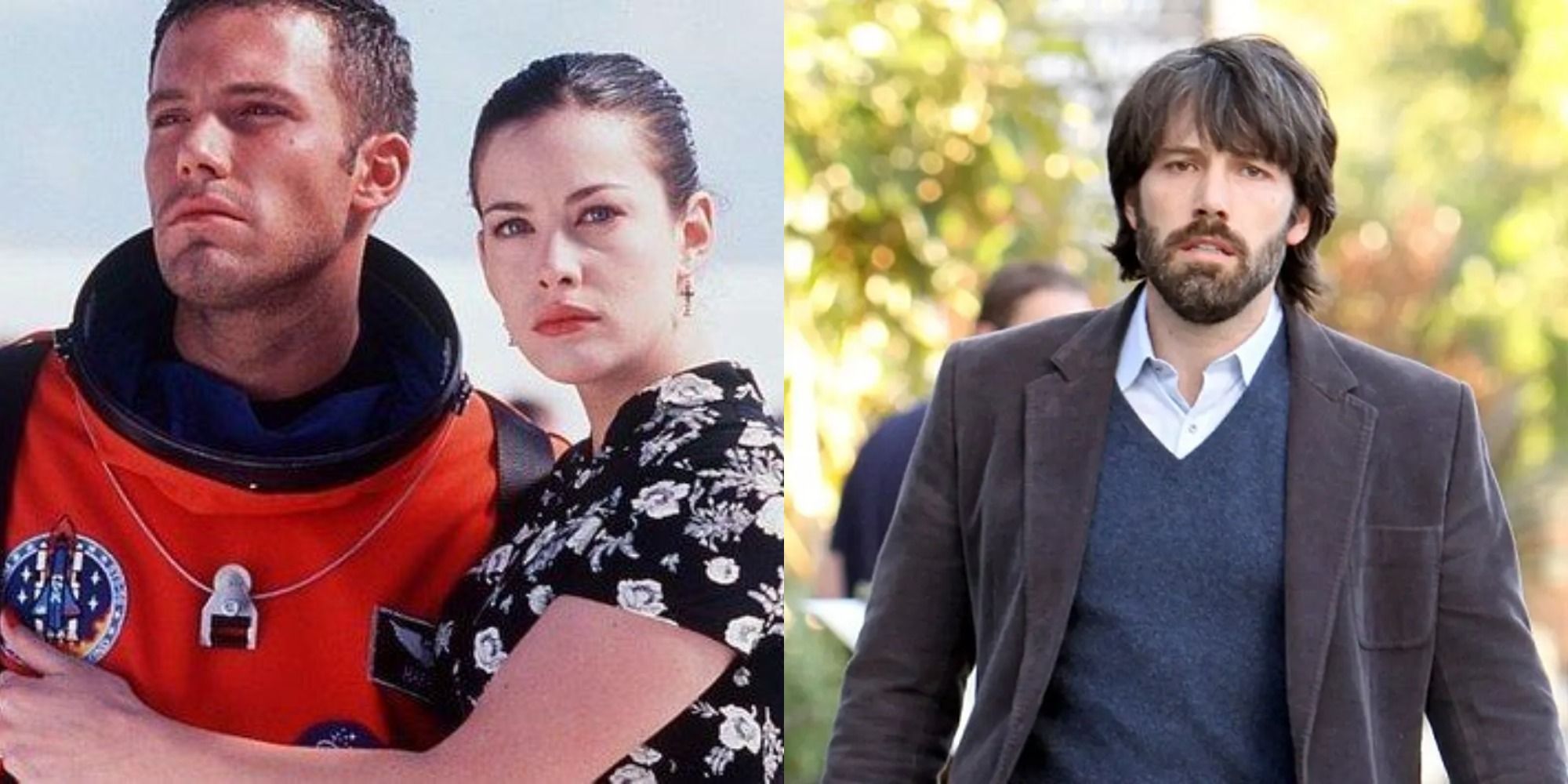Wonder Woman 1984 has been the center of a divisive critical reaction despite topping the box office, and while that reaction is shocking, it certainly won’t have long-lasting repercussions in the same vein as Batman v. Superman: Dawn of Justice. Patty Jenkins has been hard at work crafting a sequel to Wonder Woman ever since the original became a massive commercial success, and from recent comments, it seems as if she was given even more creative control after studio interference from Warner Bros. led to the first movie’s weaker third act. With the confirmation of a third sequel on the way, it would certainly be wonderful if the trend continued with Wonder Woman 3.
Released on Christmas Day in theaters and on streaming, Wonder Woman 1984 finds Diana desperately searching for the Dreamstone, a mythical object analogous to the Monkey’s Paw. Unfortunately for her, standing in her way are Maxwell Lord (Pedro Pascal), a failing oil tycoon with lofty ambitions for his company, and Barbara Minerva (Kristen Wiig), a woman who would do anything to trade away her life of mediocrity. Of course, Chris Pine returns as Steve Trevor, in order to make Diana’s life even more complicated than it currently is.
At face value, all of the elements of the film should come together to deliver a wholly satisfying experience and one that satisfies fans. However, many audiences were totally at odds with the over-the-top comic book-y nature of the movie, leaving it in a precarious position. With that being said, there’s some reassurance to be taken in the fact that it won’t have as big of a change as 2016’s Batman v. Superman did.
How Batman v. Superman’s Release Changed DC’s Future
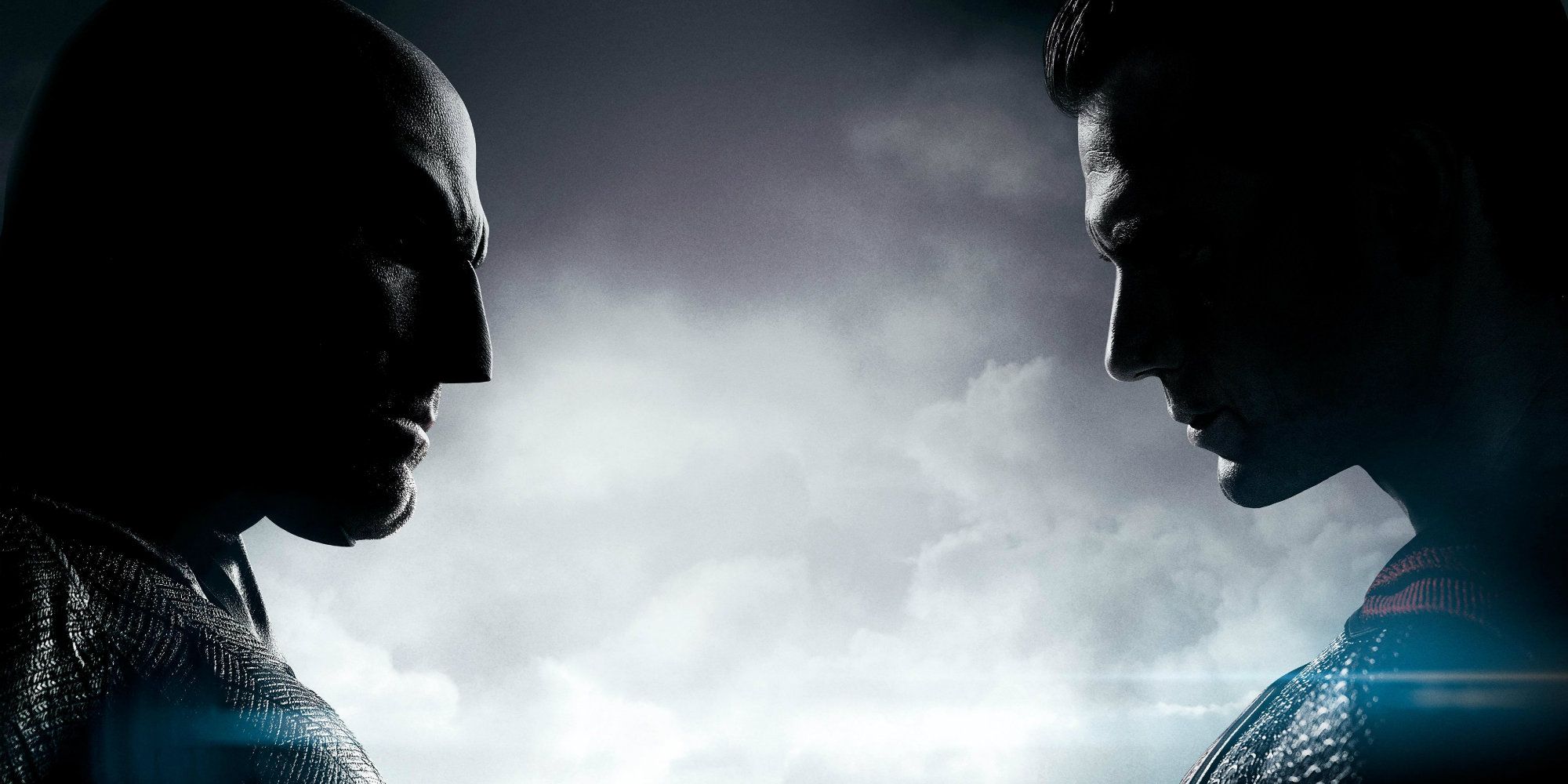
Back in 2016, the DCEU had one singular vision through which the future of the franchise was guided: Zack Snyder. Having technically started the DCEU with 2013’s Man of Steel, Snyder envisioned a DC franchise less like the sprawling, continuous story of the MCU, and more like a naturally concluding saga with a beginning, middle, and end, much like Lord of the Rings or The Matrix. While there were spin-offs and sequels planned and baked into the universe, the main story would have been told over the course of five films: Man of Steel, Batman v. Superman, and then another three Justice League sequels. As evidenced by Snyder’s other DC films, the rest of the movie’s in his franchise would have all fit right in with the darkened and serious tone pushed by MoS and BvS.
Anyone who has been paying attention to the general conversation around Snyder’s original DCEU plan now understands what it would have looked like in theory. Justice League would have featured the League’s formation in order to fight Steppenwolf (Ciarán Hinds) and recover the Mother Boxes he’d stolen. The movie would have ended with some kind of tease of Darkseid, setting the stage for Justice League 2 to be our heroes’ first official showdown with the despot of Apokolips, ending with the League’s shocking defeat and Darkseid’s (Ray Porter) destruction of Earth as teased in BvS‘ Knightmare sequence. Finally, Justice League 3 would have culminated in the League’s desperate plan to go back in time and stop Darkseid once and for all, with Batman (Ben Affleck) sacrificing his life to save the world much in the same way as Superman (Henry Cavill) did three movies.
However, this plan never made it to fruition due to several revolving circumstances. Ignoring Warner Bros. behind the scenes meddling with Batman v. Superman itself, the movie’s release was met with a sharply divisive reaction and middling box office returns, causing WB to immediately seek to course correct. David Ayer’s version of Suicide Squad was chopped up and remixed by a trailer editing company, and Warner Bros. forced Snyder to rewrite the original script for Justice League, before replacing him as director with Joss Whedon when personal tragedy forced him to step away from the project.
Because of this, many changes occurred, resulting in the DCEU now having become a completely different landscape than it was originally intended to be. After the disappointing critical and commercial reception to the theatrical release of Justice League, Warner Bros. has all but abandoned ensemble films for the time being. Instead, the studio has been focused on smaller, lower-budget solo movies, ironically the exact films that would have been spin-offs under Snyder’s original plan. Movies like Aquaman, Shazam, Birds of Prey, and Wonder Woman 1984 avoid any kind of overreaching references to other properties in the DCEU, while at the same time shifting to a much lighter and less self-serious tone as well.
Why Wonder Woman 1984’s Divisive Release Won’t Have The Same Impact
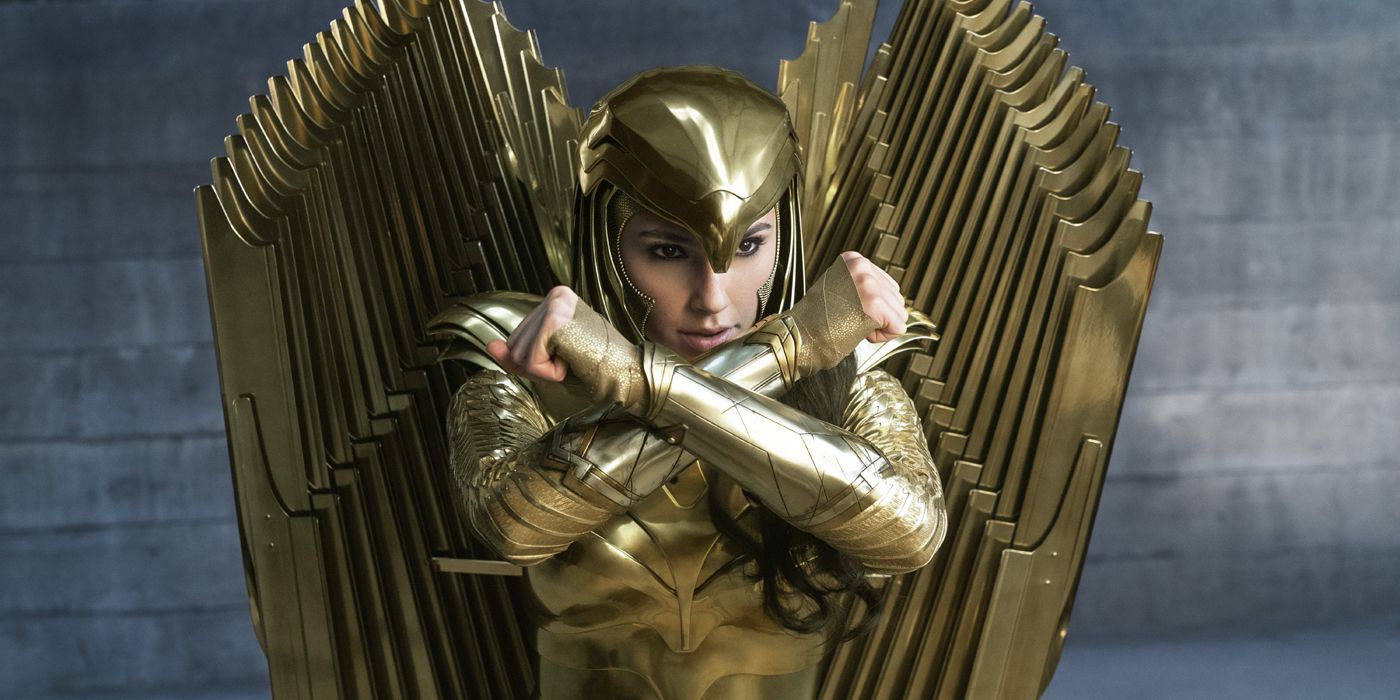
Even though Wonder Woman 1984 has received a similarly mixed reaction from both fans of the DCEU and the general audience, there’s absolutely no way it could have as big of an impact on the DCEU’s larger overarching plan. Batman v. Superman was in a peculiar position because it was filled with Zack Snyder’s idiosyncrasies as a director, and those idiosyncrasies were elements of what would come in the future of DC’s cinematic slate. When certain groups of the general audience began rejecting Snyder’s style as a filmmaker and his take on many of these characters, Warner Bros. panicked because they realized Snyder’s stylistic flourishes would be all over the rest of the franchise, causing WB to see those movies as less viable at the box office. Because of this, the DCEU restructured their entire plan, moving away from Snyder’s defined three-act story and towards something more marketable and hopefully more financially viable.
However, Wonder Woman 1984 never had that same pressure on it. Even the first film was a spin-off of Snyder’s main JL series, and now that the DC franchise has moved towards a looser continuity, Wonder Woman 1984 is even less connected to any overarching plan the studio could be pushing towards. With rumors that The Flash will be diving heavily into the concept of a DCEU multiverse, Warner Bros. is now in a position to be able to shape and mold the DC films canon any way they see fit, which means that the mixed reaction of a film won’t really matter anymore. Wonder Woman 1984 wasn’t perfect by any means, but we’ve fortunately now reached an era in the DCEU where that doesn’t have to mean a movie is no longer valid or worth being canon.
Key Release Dates
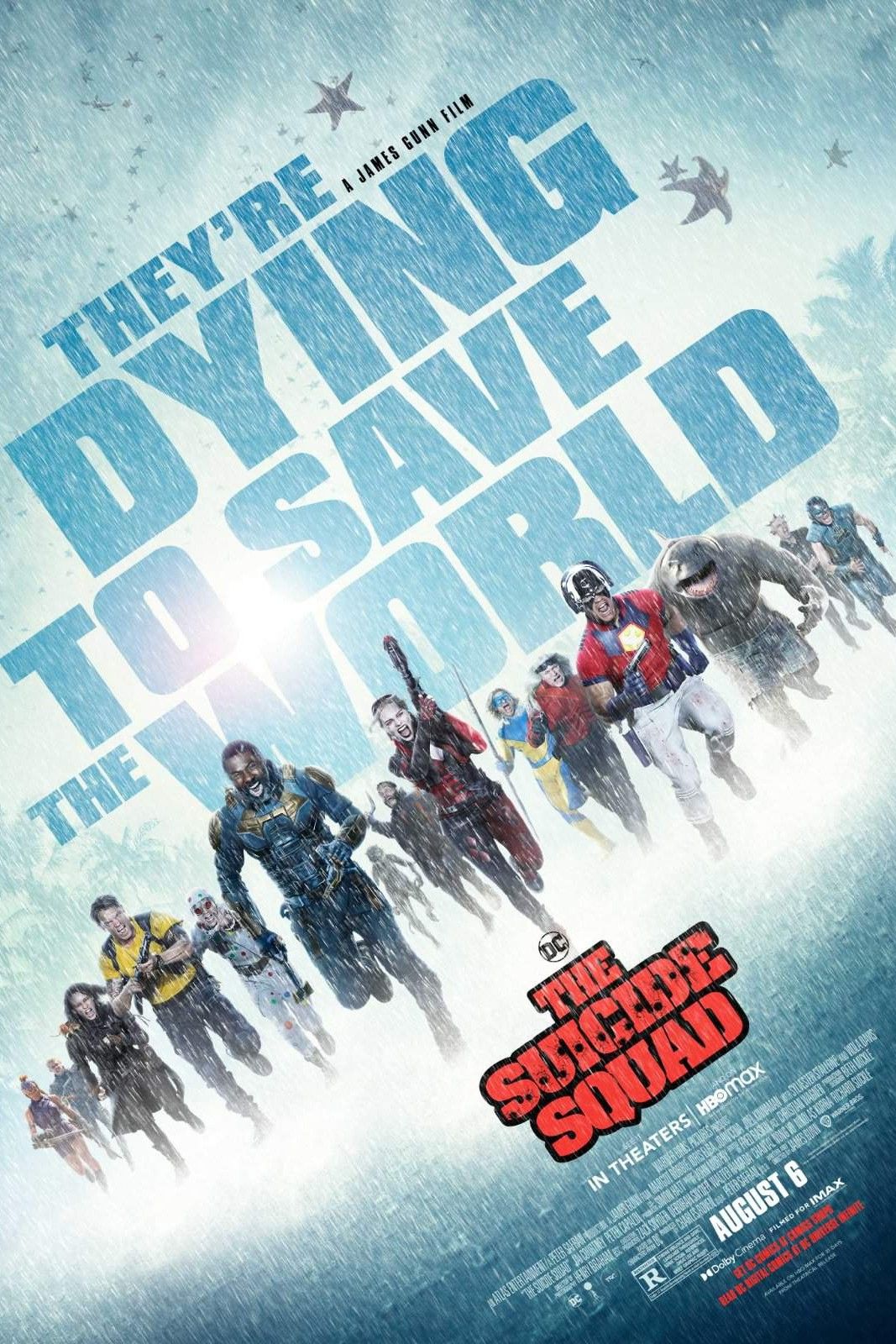
The Suicide Squad
Release Date:2021-08-06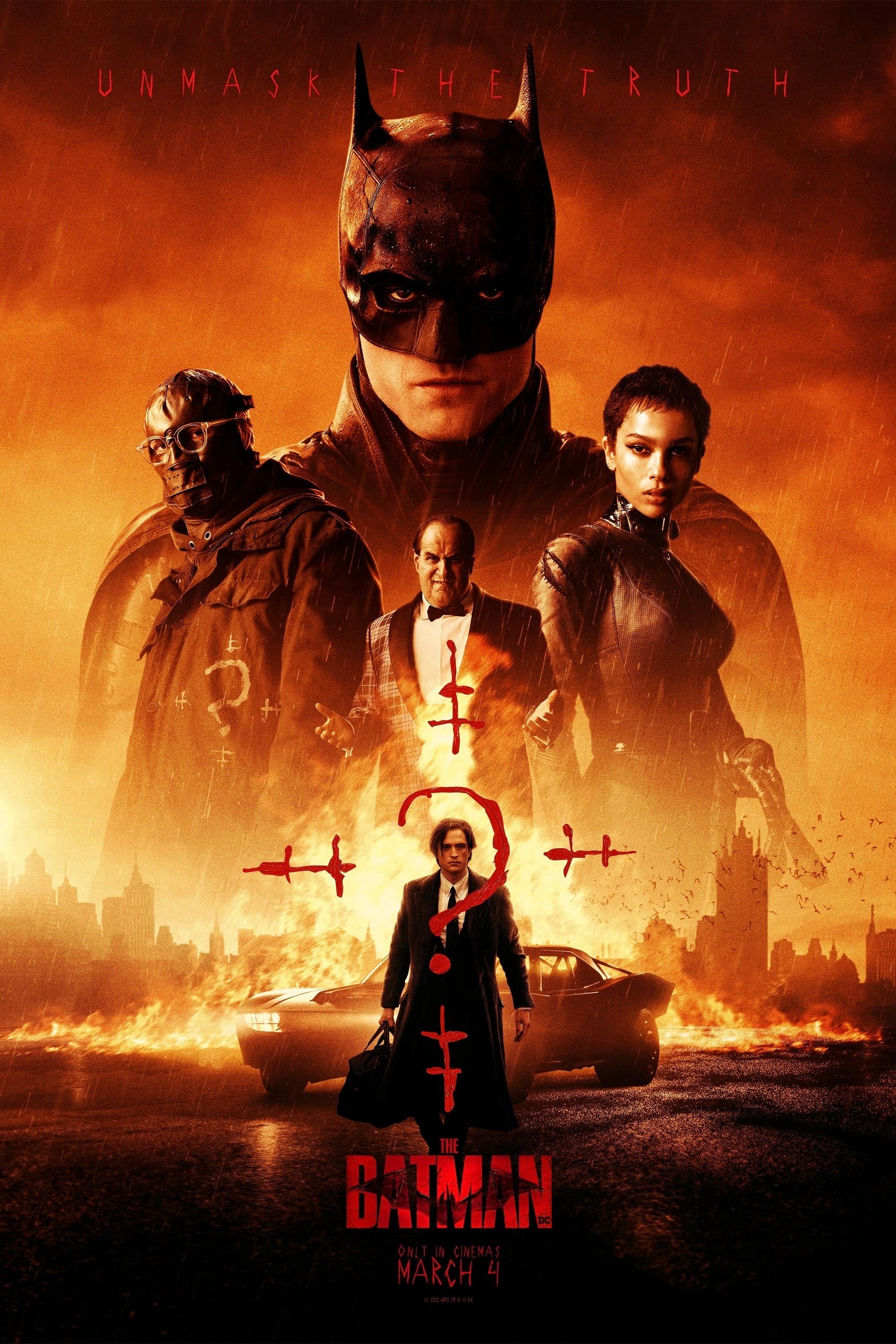
The Batman
Release Date:2022-03-04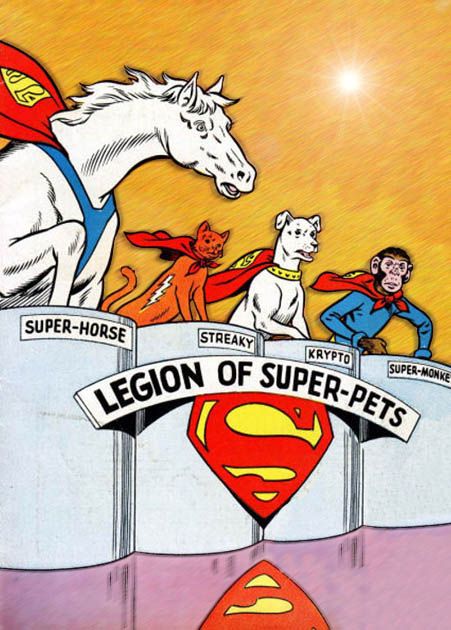
Super Pets
Release Date:2022-07-29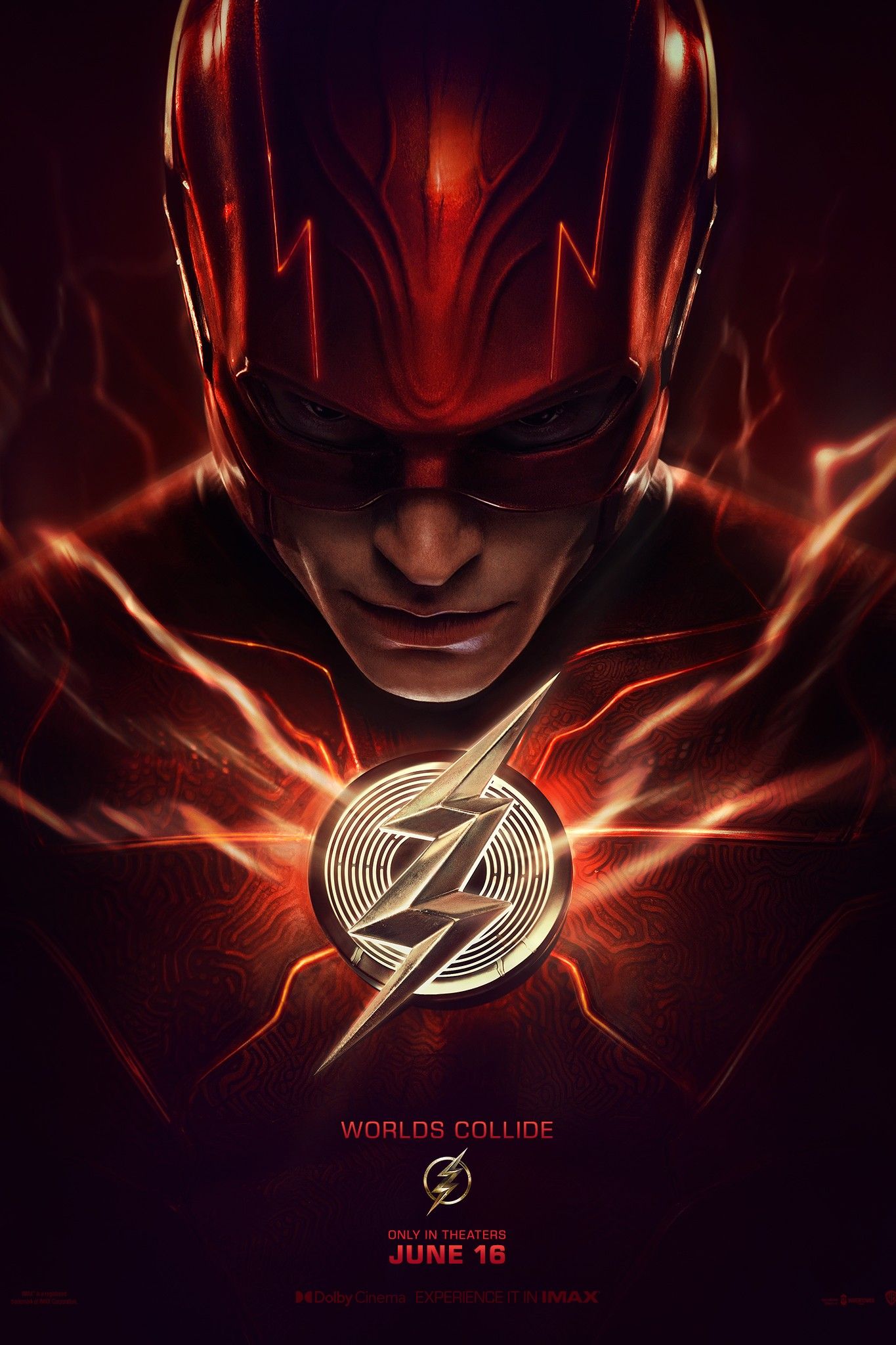
The Flash Movie2
Release Date:2023-06-16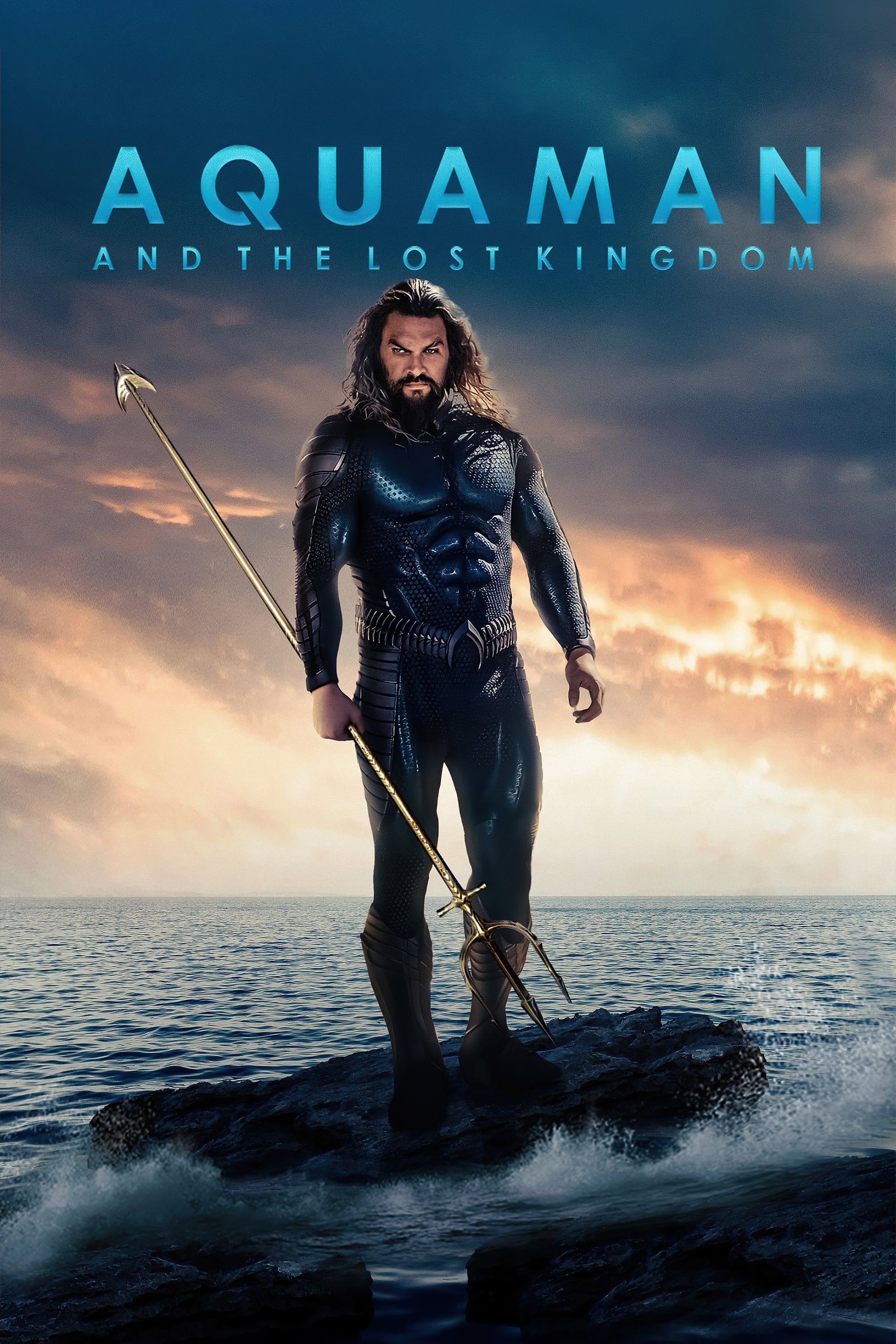
Aquaman 2
Release Date:2023-12-25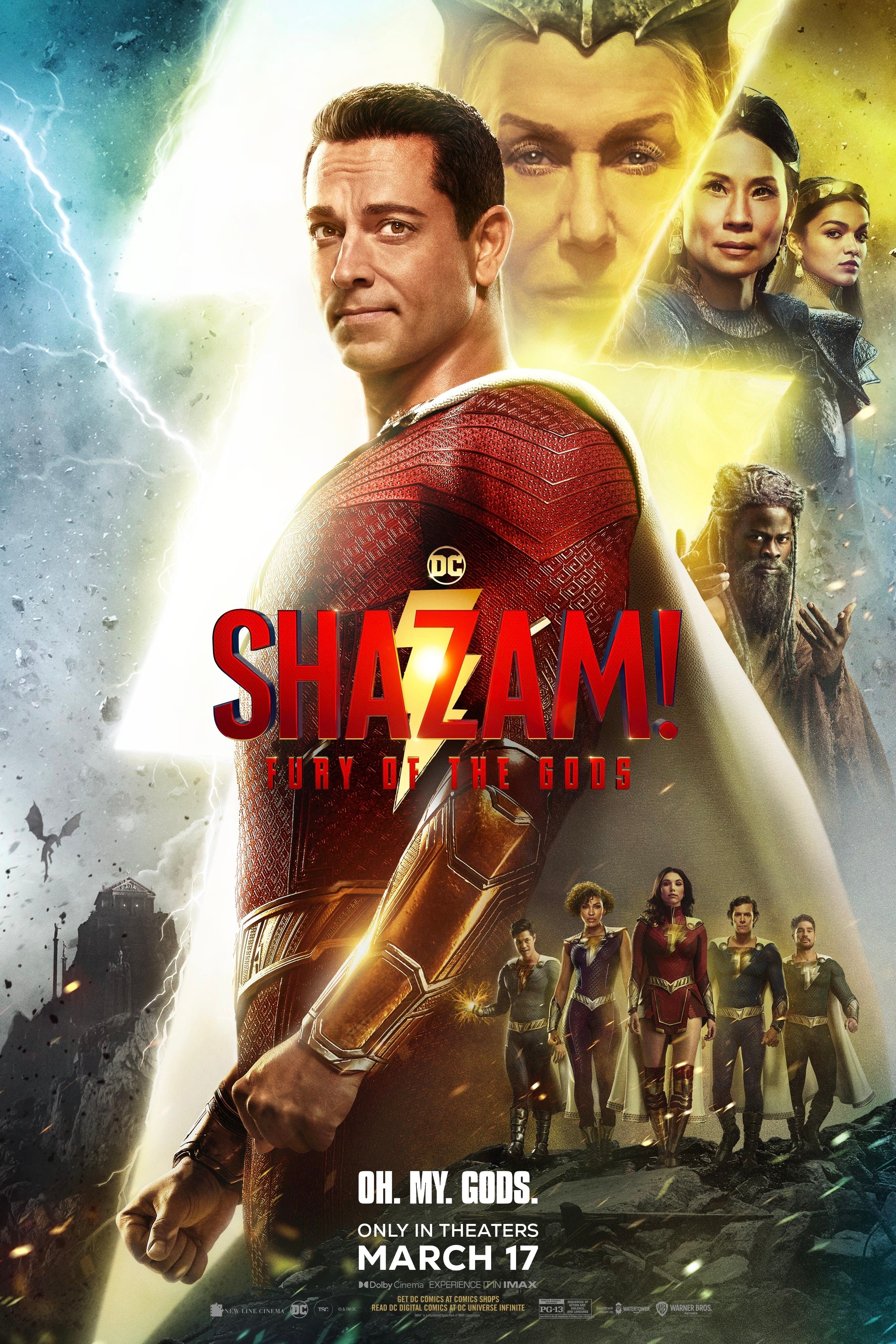
Shazam! The Fury of the Gods
Release Date:2023-03-17
